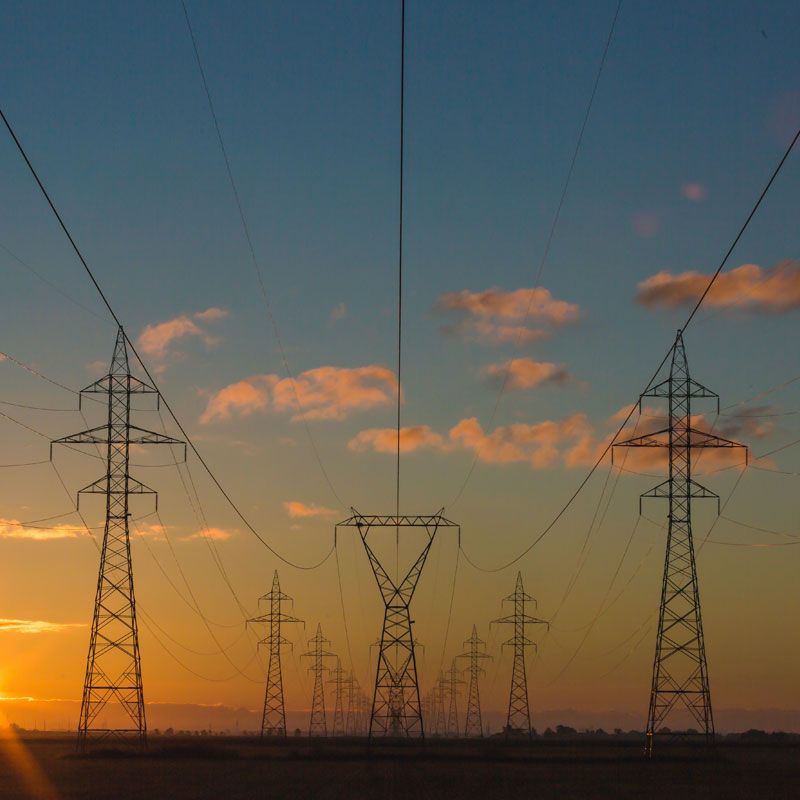
EON’s latest study has reported that €110 billion investment needs to be made to expand and update Germany’s electricity network by 2050 in order to meet the demands of Germany’s energy transition and goals. EON suggested that Germany would need to spend €32 billion by 2030.
Germany need more solar and wind systems and charging infrastructure to be integrated into their current network as well as expanding the current heat pumps and electricity storage systems. Without these further investments, there will be additional incurred yearly costs of €4.2 billion because of overloaded networks which are unable to absorb the renewable-generated electricity.
The German government plans for 65% of power to be from renewable energy by 2030. For this to happen EON has said this investment needs to be made with consideration of future investments in electricity grids. The grids need to be more flexible to cope with the fluctuating and increase demand of renewable energy.
Additionally, another Germany electricity supplier RWE has identified that the UK’s electricity grid will not be able to cope with the growing number of wind farms off the UK coast and the fast pace to achieve the government’s goals unless they make fast investments.
The UK’s outdated regulation is slowing investment in the electricity grid. The lack of investment could mean that Britain’s plan to have enough offshore wind farms to power every home in the country could be disrupted. RWE plan to spend just under one-third of their investment budget in the UK. However, currently many of their projects have been delayed due to RWE not being able to secure a grid connection.
Wales specifically has acknowledged the challenges they are currently facing linking up to the electricity power lines. The Welsh Government wants to heat and power all new homes with renewable energy by 2025. In order to do this, they have said they are working with partners to design the energy grids needed.
Power lines all over the country are close to full capacity, leading to the requirement of investment to upgrade the local networks before they can start generating.
Topics covered
Keep reading...
All blogs-
Awards
Spencer Ogden shortlisted for two awards at the 2022 TIARA Recruitment Awards – ANZ
-
Wind Investment Awards
Spencer Ogden receives highly commended award in the Diversity & Inclusion category at this year’...
-
SO Careers
SO Careers - Meet Senior Manager - Head of Permanent Business, Scarlet Lee
-
Industry insights
The future of energy storage: Vehicle-to-grid technology set to be major provider of storage capa...
-
Spencer Ogden
Denver team relocates to new office in trendy RiNo district; Grand opening goes to plan despite u...





